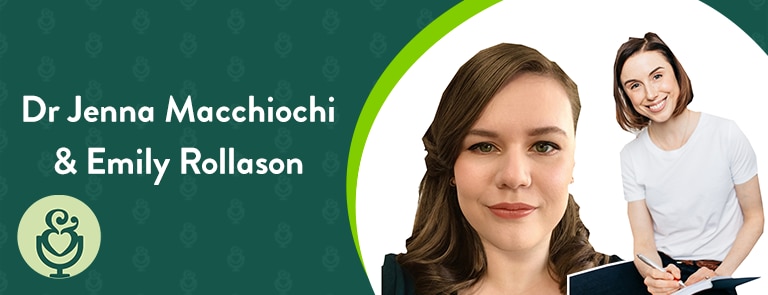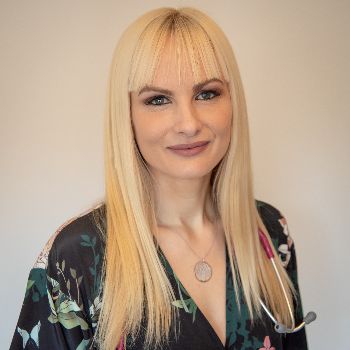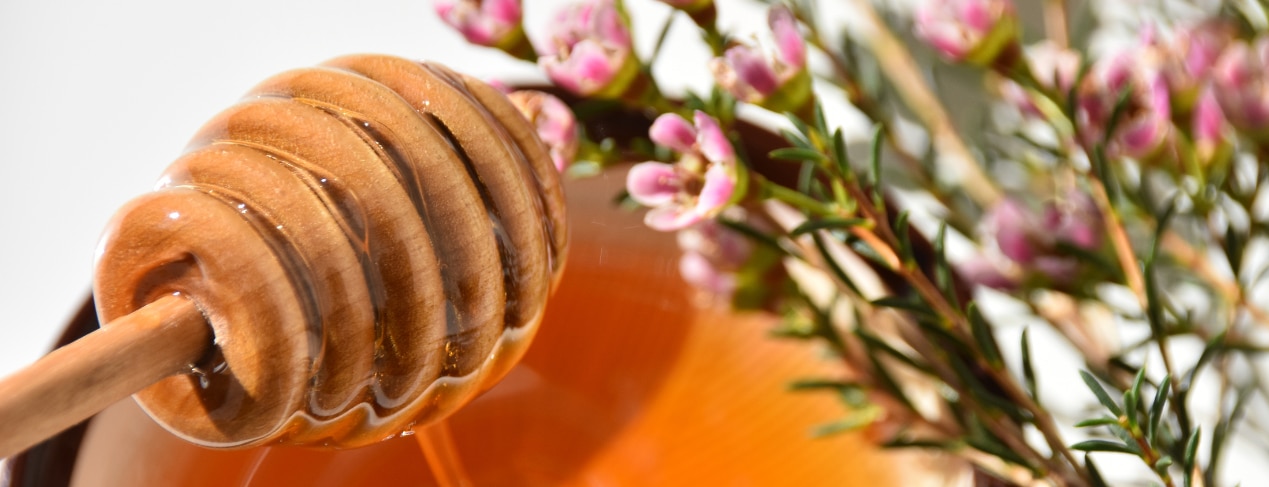S01 E01 | 43m | Immune System Support

What we're talking about in this episode
Immunity. It’s more important now than ever. Yet many of us don’t understand our immune system or know how to look after it. In this episode, our host Dr Gemma Newman, we’ll be discussing:
- Understanding what immunity is
- The basics of immune system maintenance
- Every day tips for immunity support.
With guests:
- Dr Jenna Macciochi - An immunologist, lecturer at Sussex University and author of Immunity: The Science of Staying Well.
- Emily Rollason - Senior Nutritionist at Holland & Barrett with over 6 years experience. Emily specialises in digestive health and immune support.
Understand and support your immune system - Series 01 Episode 01 of The Wellness Edit
The expert guide to understanding immunity
As we head towards winter, we all want to support our immune systems. Here, Dr Jenna Macciochi, Immunologist and author of Immunity, The Science of Staying Well, and Holland & Barrett Senior Nutritionist Emily Rollason tell us how
“many different factors play a role in our immunity, and no two people’s immune systems are the same”, says Emily Rollason. “Hereditary factors, environmental impacts, how balanced and nutritious our diet is, hydration status, and lifestyle factors like lack of sleep, stress, smoking and alcohol all impact immunity.”
Here’s everything you need to know…
Why exercise matters
“Moving our bodies – even just by getting out for a walk - moves the lymphatic fluid around the body”, says Dr Macciochi. “This is the circulatory system of your immune system, so where the heart pumps your blood around, the lymphatic system is reliant on your muscles to move immune cells around the body and perform a surveillance function, looking out for anything untoward. That’s why it’s important to break up sedentary periods by getting up and moving around, keeping that lymph fluid flowing.”
Achieve foodie balance
"We’re looking for a balanced diet, getting a lot of nutrients from different types of foods”, says Rollason. “The main nutrient everyone thinks of when we think of immunity is vitamin C, which can be found in fresh fruits and vegetables like bell peppers and oranges. Then there’s vitamin A, which is in oily fish, liver, dairy and eggs, but can also be found in apricots and green leafy vegetables. You get iron from liver, red meat, beans and nuts, while selenium and zinc can be found in nuts and seeds – zinc particularly in pumpkin seeds, and selenium in brazil nuts. Try to eat lots of wholegrains, some dairy and colourful fruits and vegetables, and remember that different nutrients come from different coloured foods.”
Improve your sleep
“Getting a poor night’s sleep can really jeopardise our immune system the next day”, says Dr Macciochi. “That makes us much more susceptible to picking up germs and it takes us much longer to recover, so it’s important to prioritise sleep. It’s a signal to the immune system that it’s time for rest, whereas in the day it’s more about being on standby.”
Enjoy the great outdoors
“It’s so important that we build into our routines, even during winter, ways to get outside”, says Dr Macciochi. “It’s good to take your eyes away from looking at a screen as when we look further away, our eyes relax, and this sends a signal to the brain to relax as well. We can also breathe in the molecules that plants produce, called phytoncides, which have been shown to be very nurturing.”
Know when to supplement
“Between October and April the sun isn’t strong enough for us to synthesise our own vitamin D, so we need to take around 10 micrograms a day” says Rollason. “Nuts and seeds tend to be the main plant-based source of minerals but B12 is difficult to get, so if you’re fully vegan you can take a supplement, or get it from things like nutritional yeast and supplemented plant-based milk. Choose one with added iodine, too.”
Manage stress levels
“Stress might feel psychological, but it has a biological effect”, says Dr Macciochi. “It’s designed to motivate us to get away from danger, so it switches off our immune system, because it’s quite energetically costly. Stress might also result in us engaging in poor behaviours, so we may sleep worse, and eat worse, and that trickle-down effect can also impact our immune system. But we need to not always see stress as negative – it’s designed to motivate us. There are many different stress-reducing techniques, from journaling to meditation to simply walking or checking in with friends, you just have to find the tools that work for you.”
Want to learn more? Listen to more episodes The Wellness Edit podcast here.







